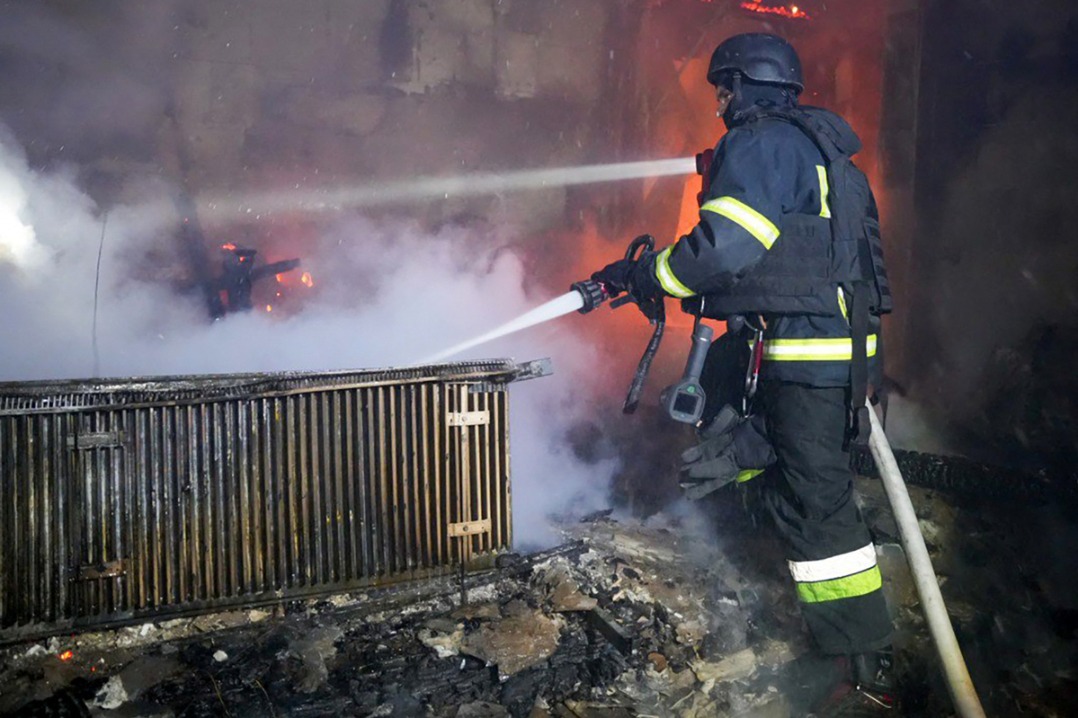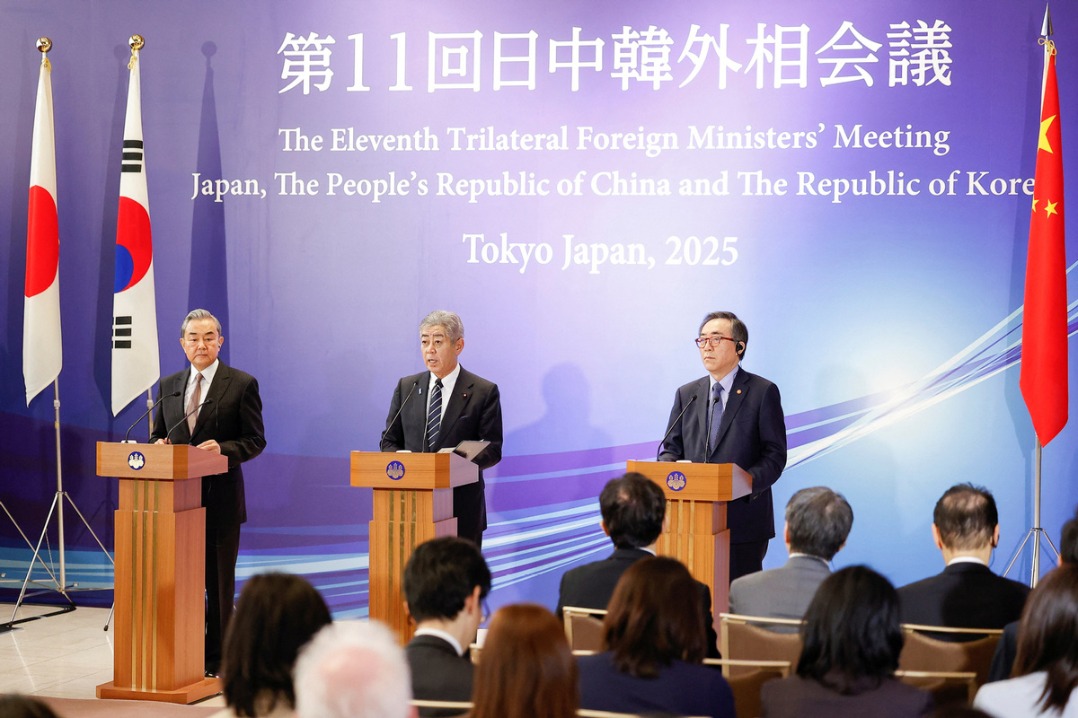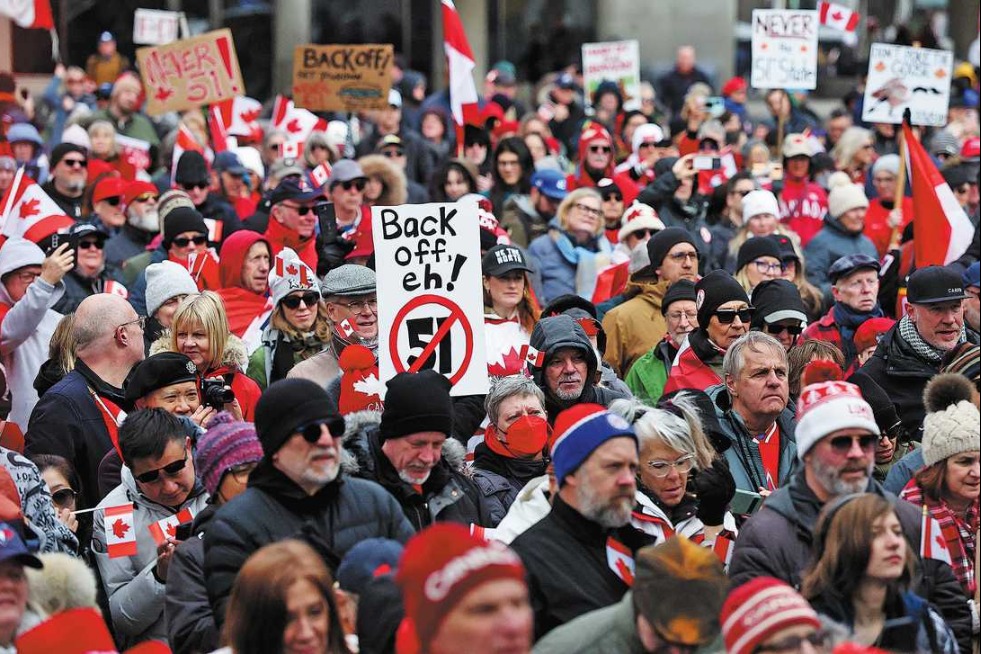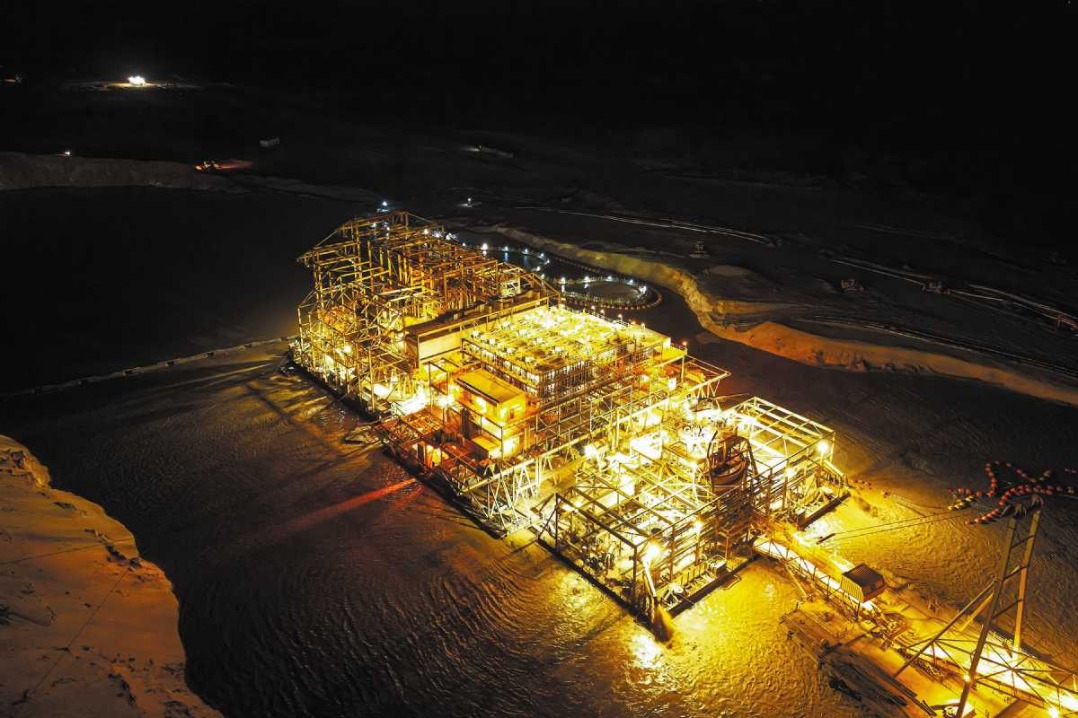Germans protest against extremists


More demonstrations went ahead on Sunday across Germany, after more than 100,000 people gathered in various cities and towns across the country on Saturday to protest against the far-right Alternative for Germany, or AfD, party's controversial meeting with extremists to discuss mass deportations.
The surge of mobilization was ignited by a Jan 10 report from investigative outlet Correctiv, which exposed the discussions between AfD members and neo-Nazis about the expulsion of immigrants.
Some 25,000 people were expected at a rally against the far-right in Munich on Sunday, while another 10,000 were set to join a protest in Cologne, according to ARD public television. Protesters were also set to gather in front of the German Parliament in Berlin, and in cities in the east of the country.
News of the meeting has caused significant concern throughout Germany, particularly as the AfD is experiencing a surge in popularity according to opinion polls, reported Agence France-Presse.
The revelation comes at a critical time, with three major regional elections approaching in eastern Germany, where the party has a strong support base.
Protesters gathered at approximately 100 locations on Saturday, to demonstrate against the meeting, which outlined deportation plans that also targeted individuals deemed to have failed to integrate, including German citizens.
Approximately 35,000 people in Frankfurt and a similar number in Hanover and Dortmund, joined the protests, with some carrying posters with slogans including "Nazis out", "Fascism is not an alternative", and "Defend democracy".
ARD measured the total turnout on Saturday at 250,000 people. Politicians, churches, and even Bundesliga soccer coaches had united in urging people to stand up against the AfD over the past week.
Among attendees at the talks held near the eastern German city of Potsdam was Martin Sellner, a prominent figure in Austria's Identitarian Movement, AFP reported. The movement adheres to the controversial "great replacement" conspiracy theory, which suggests that there is a clandestine plan by non-white migrants to supplant Europe's "native" white population.
The AfD confirmed its members were at the meeting, but has refuted any association with any "remigration" initiative advocated by Sellner.
Chancellor Olaf Scholz said last week any plan to expel immigrants or citizens was akin to "an attack against our democracy, and in turn, on all of us". He called for "all to take a stand — for cohesion, for tolerance, for our democratic Germany".
In an online post, Friedrich Merz, the leader of the opposition conservative CDU party, said it was "very encouraging that thousands of people are demonstrating peacefully against rightwing extremism".
Since its formation in 2013 as an anti-establishment, anti-euro force led by academics and economists, the AfD has transformed into an anti-immigrant party, abandoning its original founders.
It gathered momentum following the arrival of approximately 1 million migrants and refugees in Germany in 2015, ultimately securing its entry into the Bundestag in 2017.
The outbreak of the Russia-Ukraine conflict in 2022 boosted the party's popularity, with discontent growing over soaring energy bills, food inflation, and the perceived moral and financial burden of defending Ukraine.
jonathan@mail.chinadailyuk.com

































